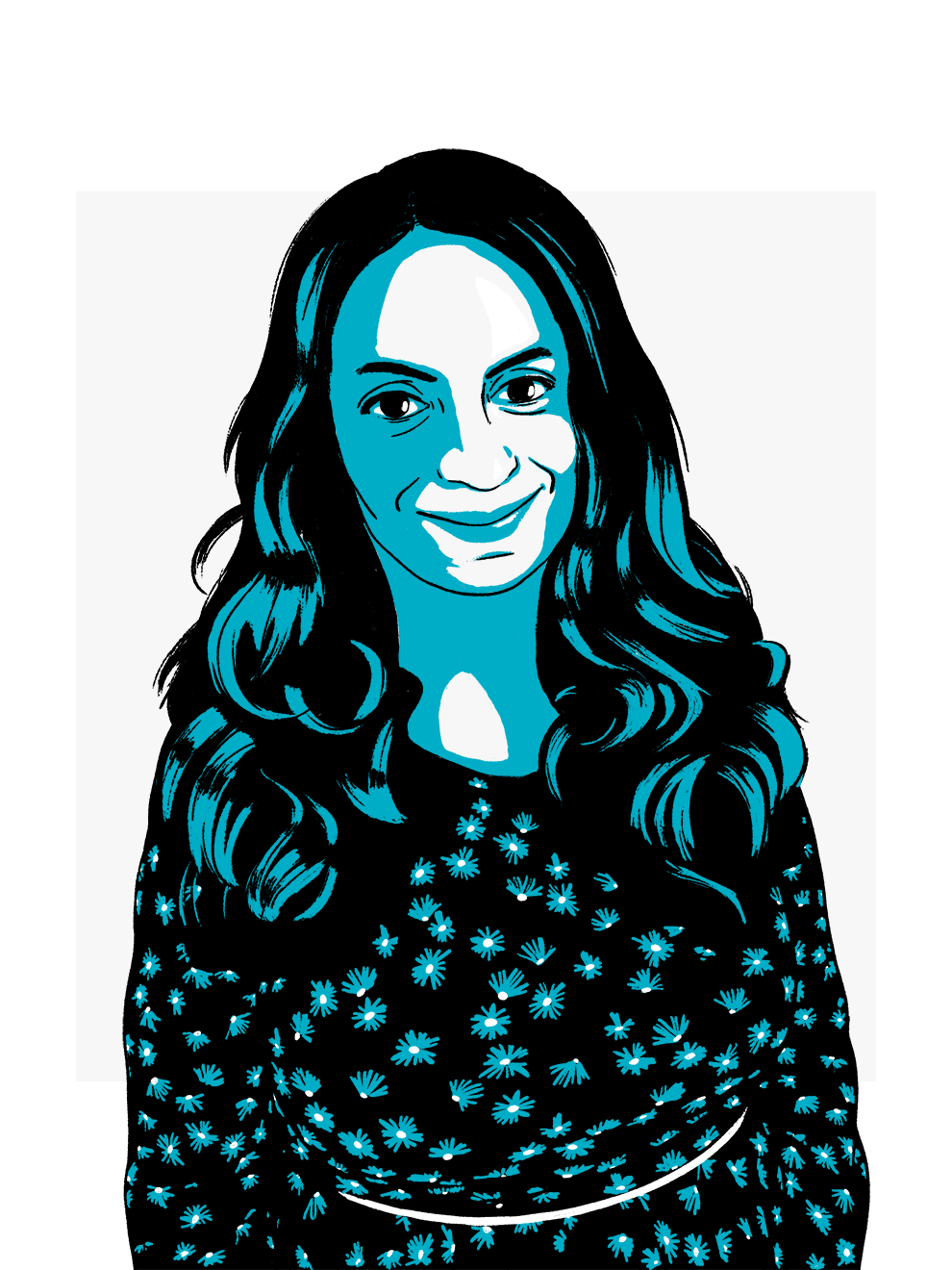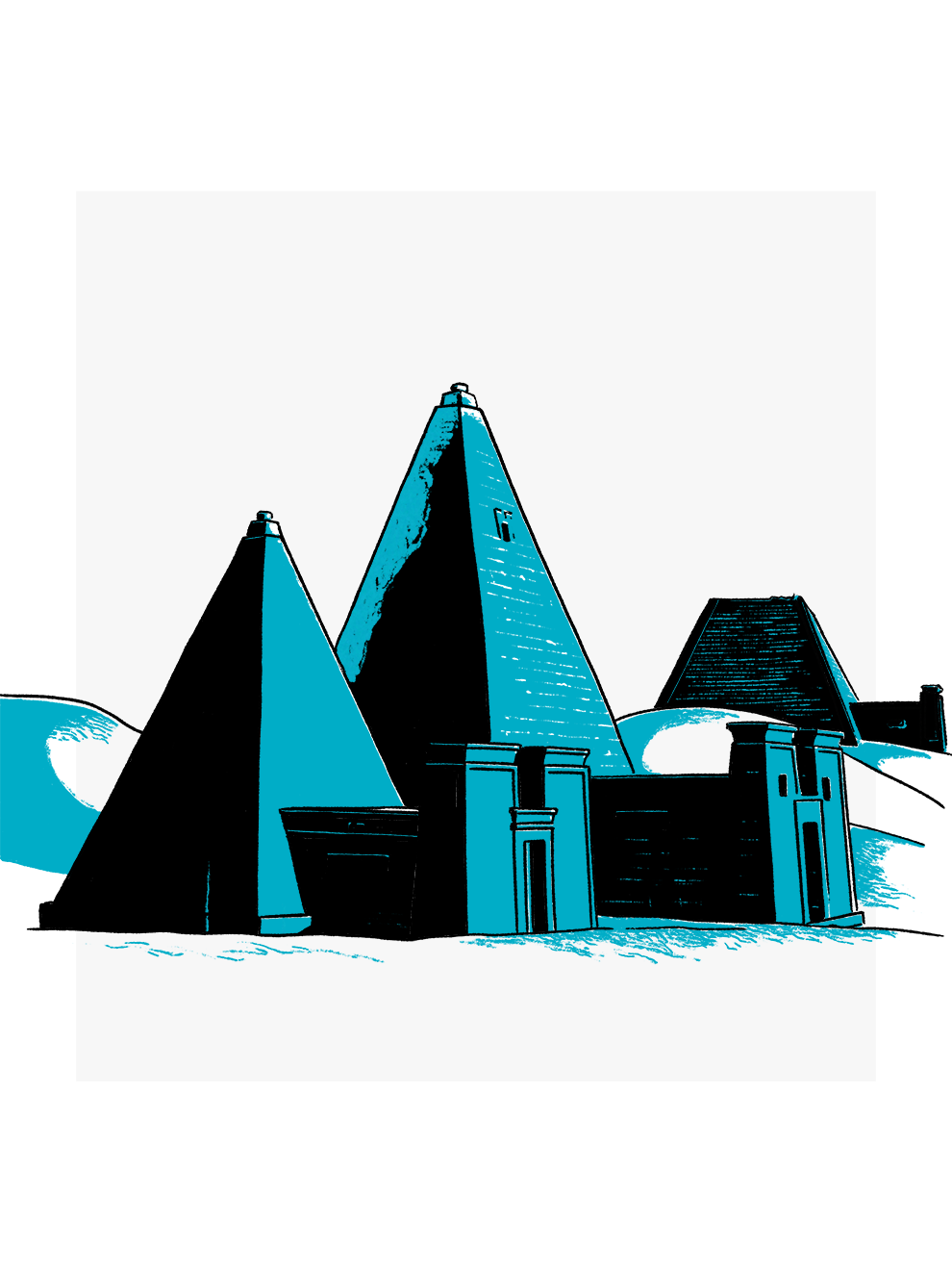Indra El Hage, making wonderful waves
Indra has been a Project Manager at CFI since 2020. She has chosen to talk to us about a project that made a big impression on her: Sada, which was set up to support the Sudanese media. Sada sparked a great deal of enthusiasm among the beneficiary media outlets and proved to Indra that, with plenty of motivation and people determined to bring about change, a small project can have a huge impact!

Indra, How did you end up working for CFI?
I joined CFI in October 2020, after several years managing development projects in Africa and the Middle East. My experience includes working for the United Nations Development Programme (UNDP) in Beirut and then at the head office of the United Nations Office for Project Services (UNOPS) in Copenhagen. In 2020, I decided that I needed a change in the form of a return to the field where I could take more direct action. I was very interested in media issues, which is why I decided to start a new chapter at CFI as a Project Manager.
What does your current role at CFI involve?
I am tasked with coordinating projects – often several at the same time – from start to finish: writing the project, editing, coordinating with donors to obtain funding, planning, implementation, measuring its impact, communication, reporting etc. It's a very demanding role that requires good listening skills, juggling priorities, withstanding stress, interacting with a broad range of stakeholders (donors, implementation partners, local partners, beneficiaries etc.) and constantly adapting to change. However, it's also a very rewarding job, as our work has direct impact on both society and people's lives.

Are there any projects that left a lasting impression on you?
Last December saw the successful completion of a project that was very close to my heart: the Sada project in Sudan. Sada (Arabic for "echoes") aimed to improve the quality of information broadcast on the Sudanese airwaves and to focus on certain topics, such as the demographic transition, empowering women and young people to take part in public debates, social cohesion and respect for diversity. In Sudan, radio is the most effective means of accessing information for people in remote areas; it is therefore a highly strategic media. We spent twelve months training 40 journalists and chief editors from the various Sudanese states and helped them to produce cultural programmes – with a particular focus on gender, inclusion and social cohesion – and we also encouraged the various radio stations to share content and good journalistic practices with one another.
What conclusion did you draw from this project?
A very positive one, as we had more participants than expected and very good feedback on the content produced. In spite of the very challenging economic and political conditions in Sudan, I felt a great desire among journalists, especially the younger ones and women, to make things happen and change the mindset of their audiences. This was highly motivating for us. It spurred us to go above and beyond at each stage of the project. Of course, we would have loved to have gone even bigger and better, but we have already come a long way. From a personal standpoint, this project showed me that, even with a limited budget and difficult circumstances, we can accomplish great things, find solutions and reach as many beneficiaries as possible.
What qualities have been particularly useful to you in carrying out this project?
As is often the case, I needed good relationship-building skills in order to communicate effectively with the various stakeholders involved in the project: the CFI head office, the teams in the field, the donors, the beneficiaries etc. It is important to be able to juggle the various visions of the project and to cater to everybody's expectations. I also had to ensure good self-organisation in order to meet the objectives within the allotted time and adapt to the specific context of post-revolutionary Sudan.
Do you have an anecdote to share?
One young journalist wanted to attend the training sessions, but needed to breastfeed her baby. We collected the funds to cover the costs of a nanny, so the young woman could participate in the project!